GOVERNMENT IN TURKEY
The Republic of Turkey is a parliamentary democracy. Power rests with the National Assembly, a 550-member unicameral body directly elected for five-year terms. The prime minister, who represents the majority party or coalition in parliament, is the head of government. The president, the head of state, is selected by parliament for a seven-year term. A constitutional court reviews laws passed by parliament. The court has frequently been influenced by governmental politics.
On the local level, Turkey is divided into 80 provinces headed by a governor who represents the central government. Local elections are held to choose mayors and councils. In all elections, every citizen over 18 is eligible to vote.
’Turkey’s armed forces employ 515,100 people. All male citizens between the ages of 20 and 32 are obligated to serve from 1 to 16 months. This system will change in 2019. Click here to read information about new system.
ECONOMY IN TURKEY
Turkey’s gross domestic product (GDP) is around US$186 billion. The cost of Turkey’s imports far exceed profit from its exports, which include textiles, dried fruit, iron and steel, tobacco, leather clothing, and petroleum products. The largest chunk of Turkey’s exports (around 25 percent) head to Germany; other key trading partners include the United States, Russia, the United Kingdom, and Italy.
Farming remains Turkey’s most important livelihood. With its wide range of crops and many growing climates, Turkey is one of the few countries in the world that can claim to be self-sufficient in basic foods. Wheat is the most common crop, while cotton and tobacco bring in the export dollars. Sheep are the country’s most important livestock, with nearly 30 million of the woolly creatures dotting the hill sides. Turkey’s manufacturing industry is concentrated in the northwest, with textiles as the major export. Notoriously inefficient state-owned corporations still have an important stake in Turkey’s economy. Long hindered by mismanagement and corruption, some such government enterprises particularly those in the telecommunications, electricity, and natural gas industries are being privatized. Tourism is key to Turkey’s livelihood; in 2000, visitors infused US$7.6 billion into the economy. Tourism is also fickle, and present concerns about Middle East security (though largely removed from Turkey) are expected to seriously hurt the leisure business. Of course, the big economic story in Turkey is the current deep recession; for more on that, see In the News, above.
EDUCATION IN TURKEY
Literacy is high in Turkey: 97 percent of adults can read and write. Primary education the first five grades is compulsory. Around 63 percent of children continue to secondary education. Well over a million students attend Turkey’s universities. Major institutions include the University of Istanbul, the University of Ankara, the Aegean University, in Izmir, and the Middle East Technical University, in Ankara.



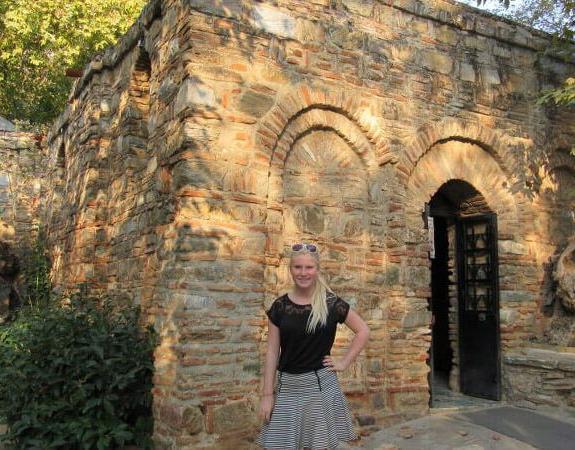

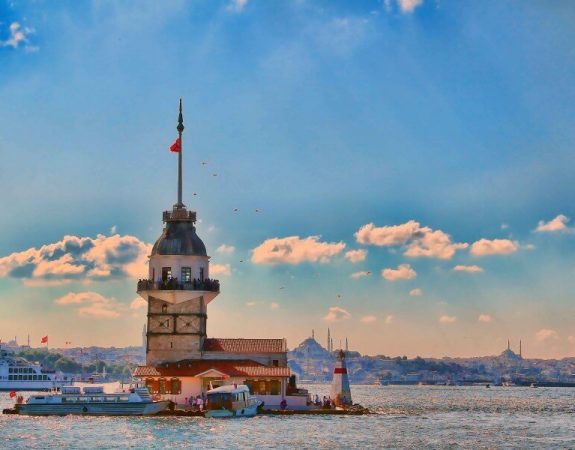
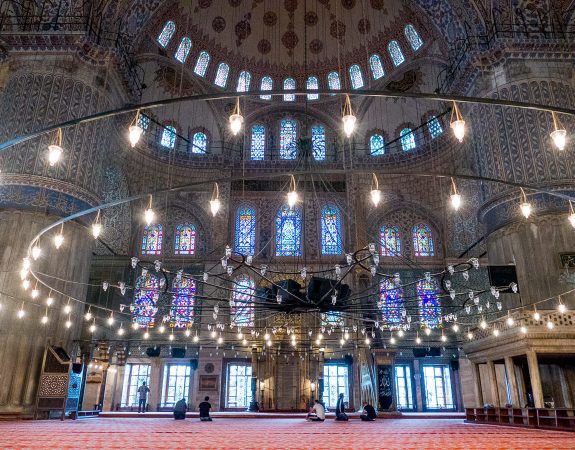

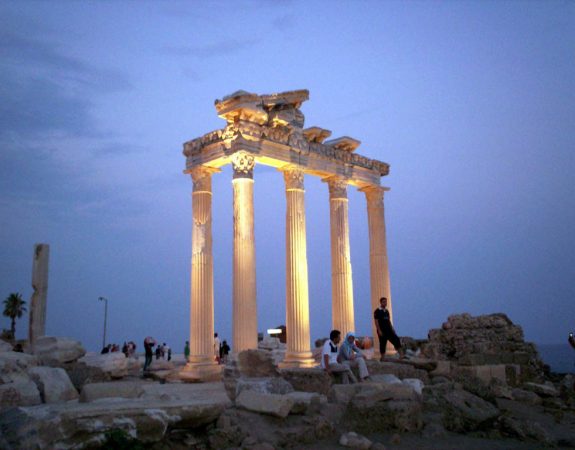

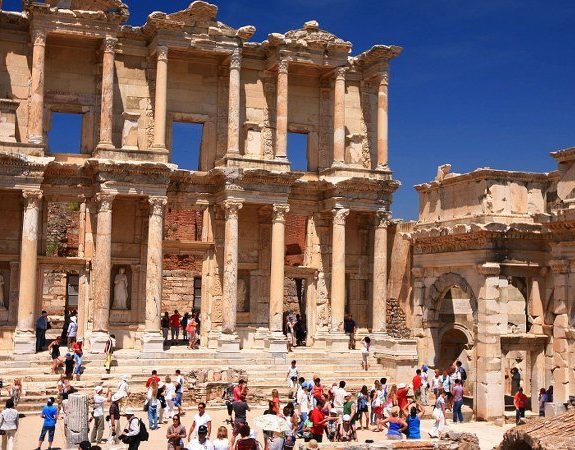
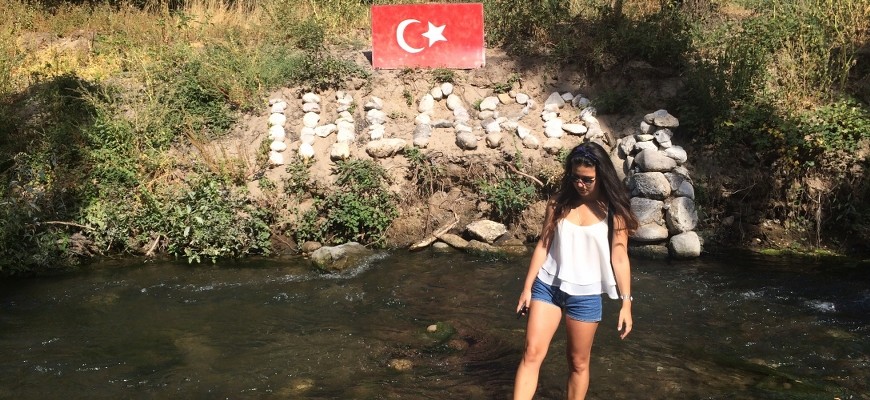
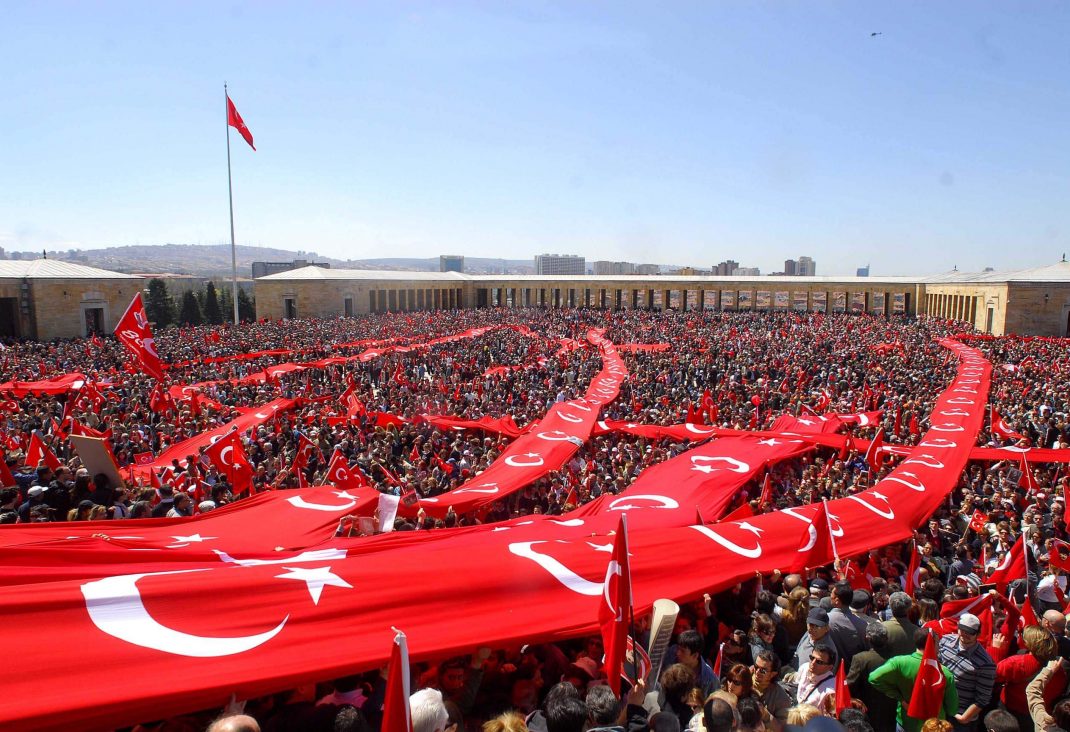
Leave a Reply